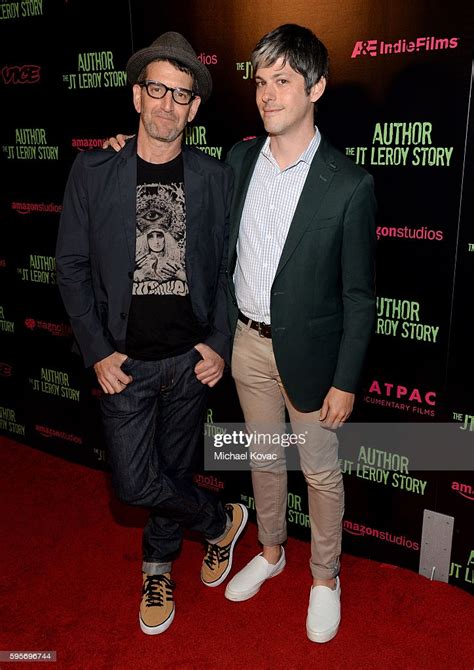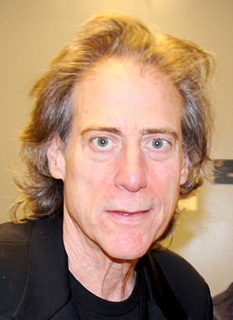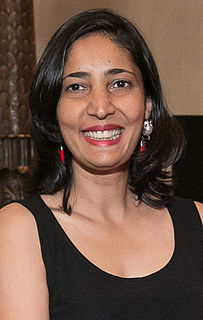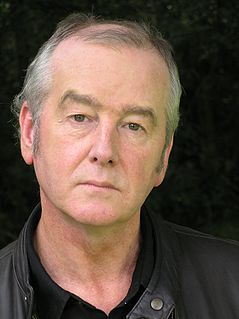A Quote by Ben Marcus
I like big doses of grief when I read: Richard Yates, Flannery O'Connor, Kenzabaro Oe, Thomas Bernhard.
Related Quotes
The phrase the violent bear it away fascinated the 20th century Irish-American storyteller Flannery O'Connor, who used it as the title of one of her novels. O'Connor's surname connects her to an Irish royal family descended from Conchobor (pronounced Connor), the prehistoric king of Ulster who was foster father to Cuchulainn and husband of the unwilling Derdriu. In the western world, the antiquity of Irish lineages is exceeded only by that of the Jews.

































